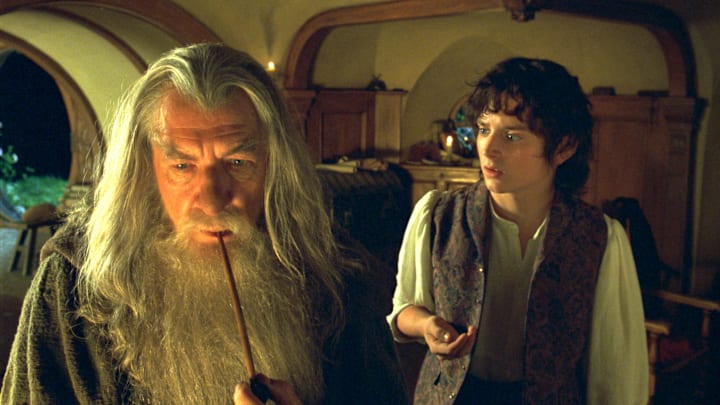Book: The Last Picture Show by Larry McMurty,1966
Movie: The Last Picture Show, 1971
This is the one entry where the surface tone in the book and the tone in the movie are completely different. Larry McMurtry was a humorist, probably the greatest humorist in American literary history not named Mark Twain, and even then it's close.
The book is infused with humorous situations and dialogue while the movie is dark and depressing. The genius part of it all is that the book is also dark and depressing and that McMurtry was able to camouflage some of that with humor.
The Last Picture Show is a coming-of-age story in a small dying town in Texas in 1951. The town has never bounced back economically from the Great Depression and the end of World War II. The teenagers are trying to live life like teenagers, but the circumstances work against them.
While the story focuses a lot on these teens, played by budding stars Cybill Shepherd, Jeff Bridges, Randy Quaid, and Timothy Bottoms, both book and movie depict the struggles of the adults as well. Again, an all-star cast rounds out the older characters, featuring Cloris Leachman, Ellen Burstyn, Ben Johnson, and Eileen Brennan.
As both adults and teens alike realize their town is dying, there is an overwhelming sense of loss and hopelessness. In the movie, this tone is amplified by a soundtrack that features several Hank Williams Sr. songs.
In the book, McMurtry seemingly tries to disguise the depressing lives of the characters, but it is his style to highlight the negative by using humor as a juxtaposition to their lives. It was a brilliant decision by director Peter Bogdanovich to forego most of the humor from the book in the movie. It would have set up the characters up more as caricatures on screen and it wouldn't have been the same film.
The book and movie may seem to have different tones on the surface, but they are the same. The storytelling is topnotch in both versions and well worth the read and viewing.
